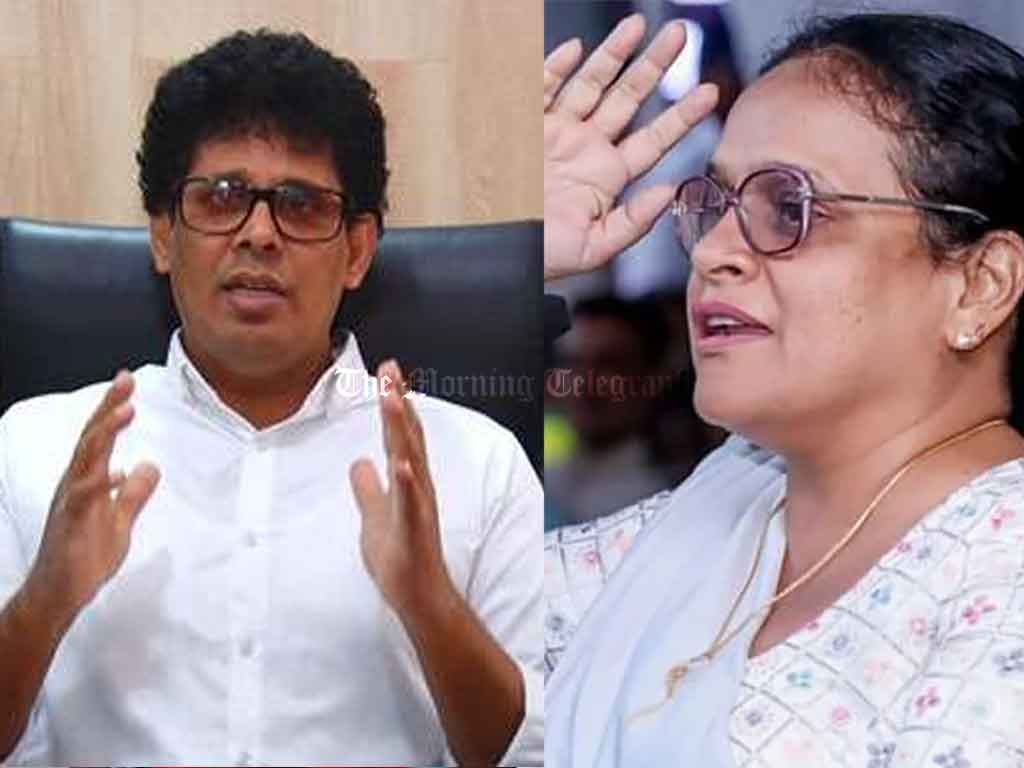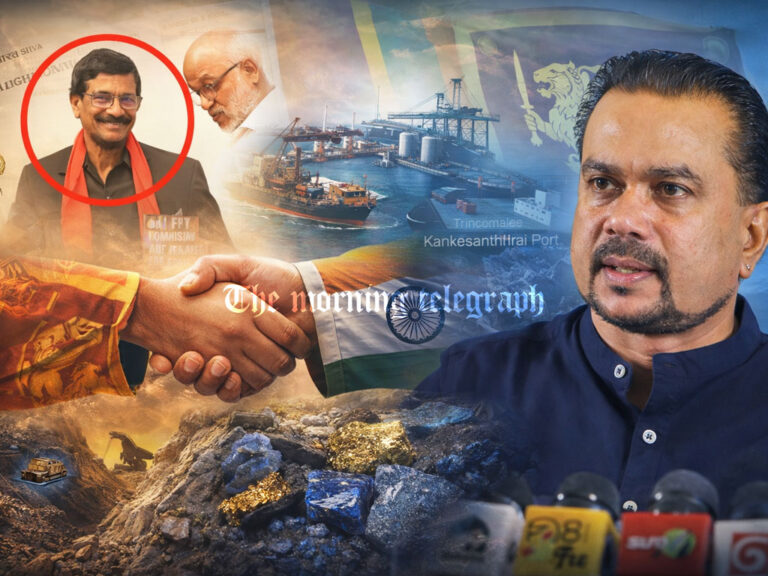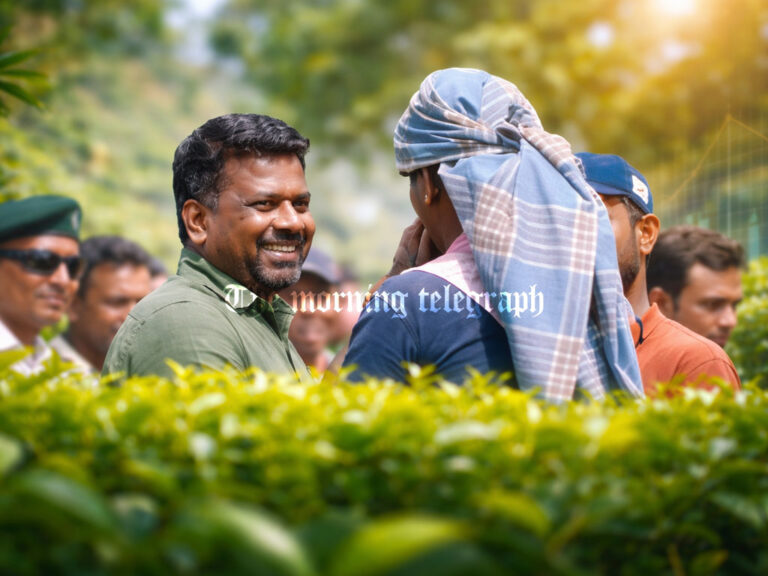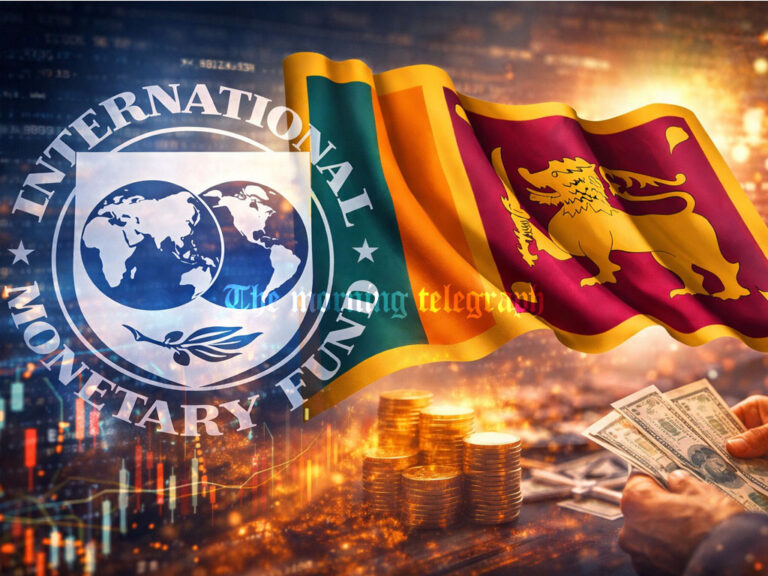
Minister Wasantha Samarasinghe has stated that “the lack of paddy rice to celebrate Thai Pongal was due to the previous government distributing free rice.” Matale District Councilor Rohini Kaviratne says that this statement is a baseless allegation.
In the past few years, a harvest of 4.6 million metric tons of paddy has been received. Of this, 2.9 million metric tons of rice is produced. One-fourth of the country’s rice production is ‘paddy rice.’ In the Southern Province, 85% of the paddy is red rice. Accordingly, there was a minimum production of more than 7 million tons of paddy rice.
On two occasions, 54,000 metric tons of rice were distributed to 2.7 million families, with each family receiving 20 kilograms. Of this, about 75% was paddy rice, and the rest was white rice. Even if the government were to distribute 50,000 metric tons of raw rice for free, it would only account for 14% of the country’s total raw rice production (some white rice was also distributed).
Twenty-two percent of our country’s rice consumption is raw, while 18% is white raw rice. When 54,000 metric tons from a harvest of over 1 million tons is given to the poorest section of the country, there is no way that there would be a shortage of raw rice. This statement is a lie, deliberately fabricated by the government to escape the responsibility of providing food to the poorest people in society or to divert attention from their inability to manage future food needs.
The decision to distribute rice was a collective one in which Parliament also contributed. Based on a proposal I submitted to the ‘Parliamentarians’ Forum for Children,’ a report was prepared using experts on child malnutrition.
It shows that 36% of the country’s children are malnourished to some degree. The need to provide midday meals to schoolchildren and food to extremely poor families has been highlighted by the same report, many other studies, and international organizations.
President Ranil Wickremesinghe implemented the rice distribution through the state machinery, considering the recommendation of a parliamentary committee and the national need. It is a collective responsibility of Parliament and the executive to fulfill their duties on behalf of the people.
For the first time in Sri Lanka’s history, raw rice was not available for the Thai Pongal festival. However, the rice shortage occurred due to the government’s inability to manage the market. Since the current government came to power, the ‘Food Policy Committee’ has not met even once. This clearly shows the priority the government gives to making policy decisions regarding the country’s food needs.
The rice crisis escalated because the country’s ministries and departments, instead of presenting a unified, scientific solution, went to the media to fan the flames. There is no point in derailing the timely and optimal steps taken by parliamentary committees and the cabinet to meet the country’s nutritional needs.




